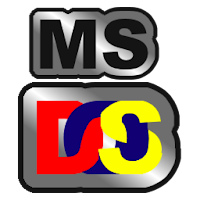A lot of new programming languages are making their way to the top and JavaScript is holding the top position for the past few years. Seems like the situation is about to change and JavaScript may soon be dethroned by Python. Python is one of the fastest growing languages and by 2019, it would have a clear domination in the programming community.
This is a prediction made by Stack Overflow, a programming Q&A center. With more than 50 million amateur and professional developers visiting the website, Stack Overflow is one of the qualified companies to make such a survey. Based on the huge increase in the questions from developers on Python and the data they have collected, Stack Overflow made this survey possible.
Just in the past five years, Python went from least to top six most popular programming languages with a whopping 2.5x increase in the questions and views on the language. Stack Overflow also stated that these statistics are related to developers from countries with “high-income” and represent the trend in the United States, United Kingdom, Canada, Germany and other such countries.
The secret behind the growth of Python is its flexibility and versatility. Python is generally used by web and desktop developers, develops/sysadmin and recently even data scientists and machine-learning with Python became popular.
“It seems like Python is used in every domain — system operations, web development, deployment, scientific modeling, etc etc. There is no other language that is so versatile,” says Jacqueline Kazil, board director of the Python Software Foundation (PSF).











